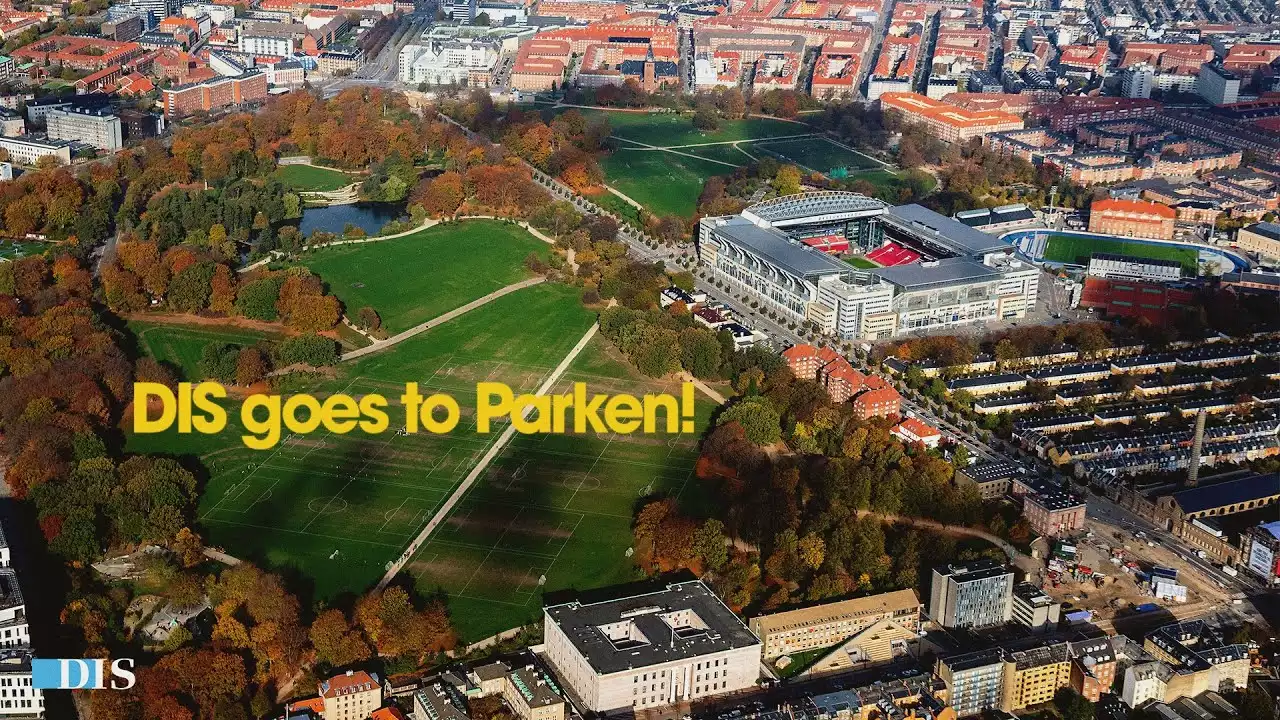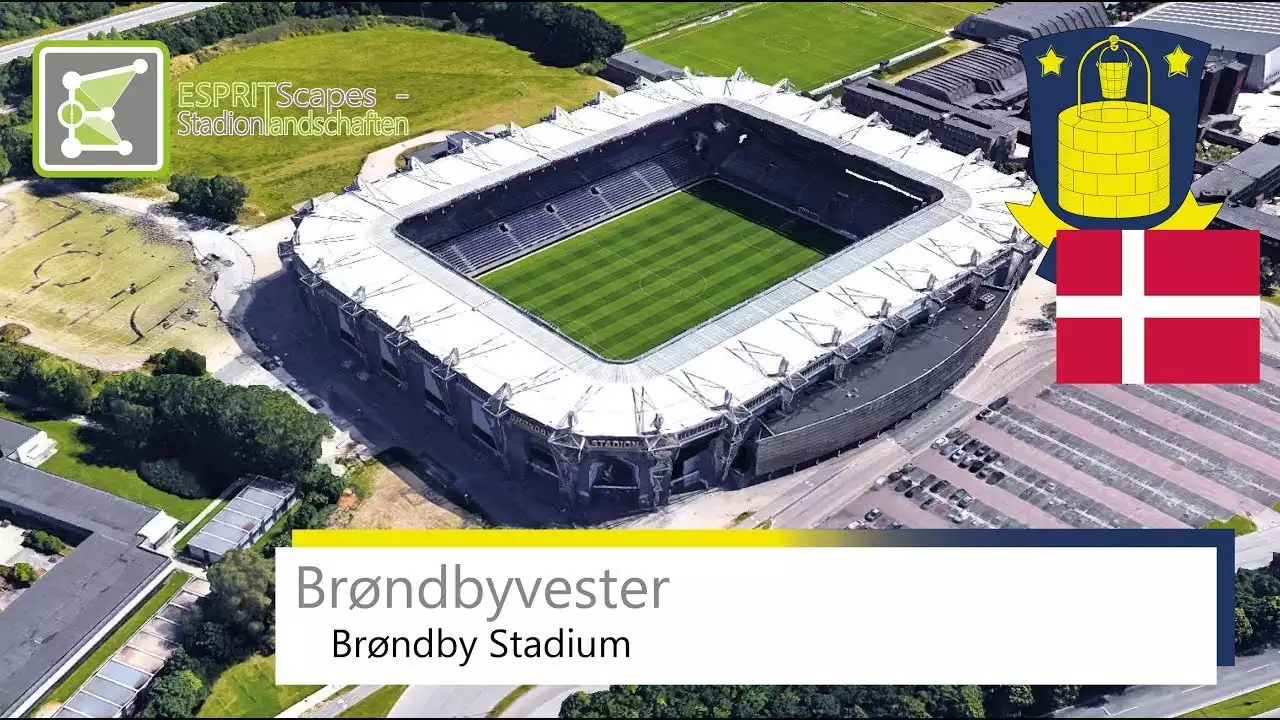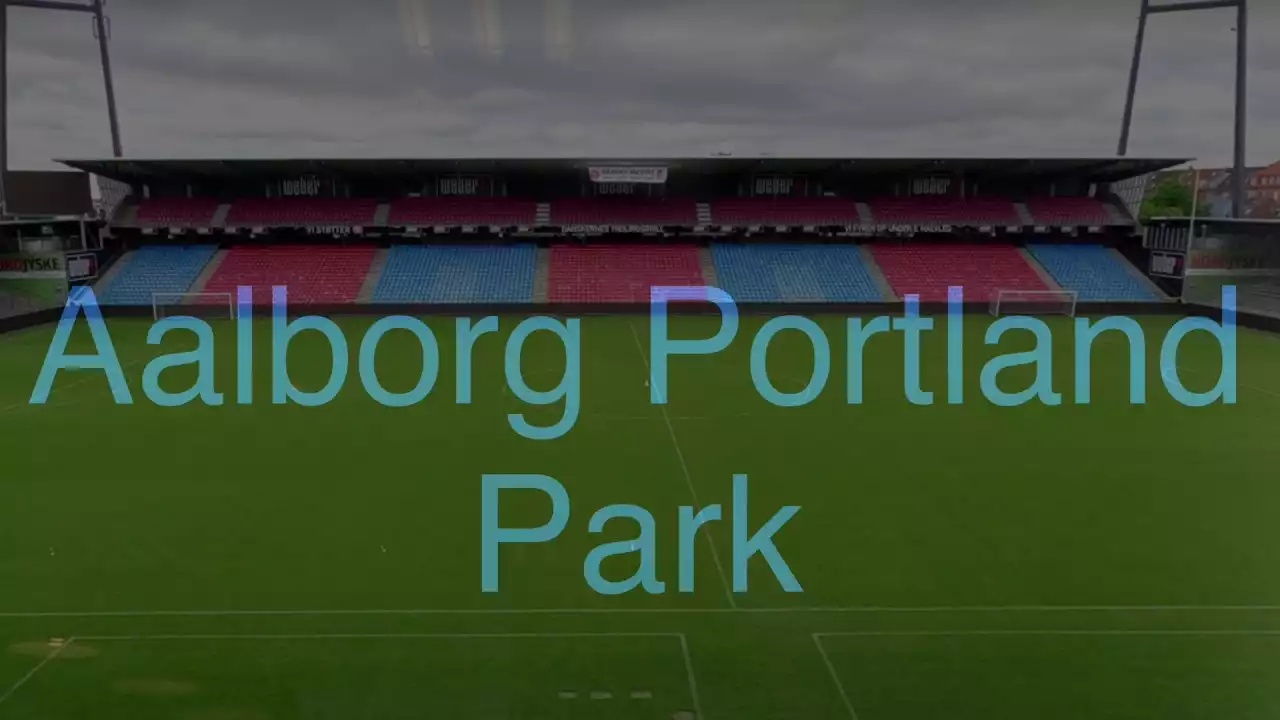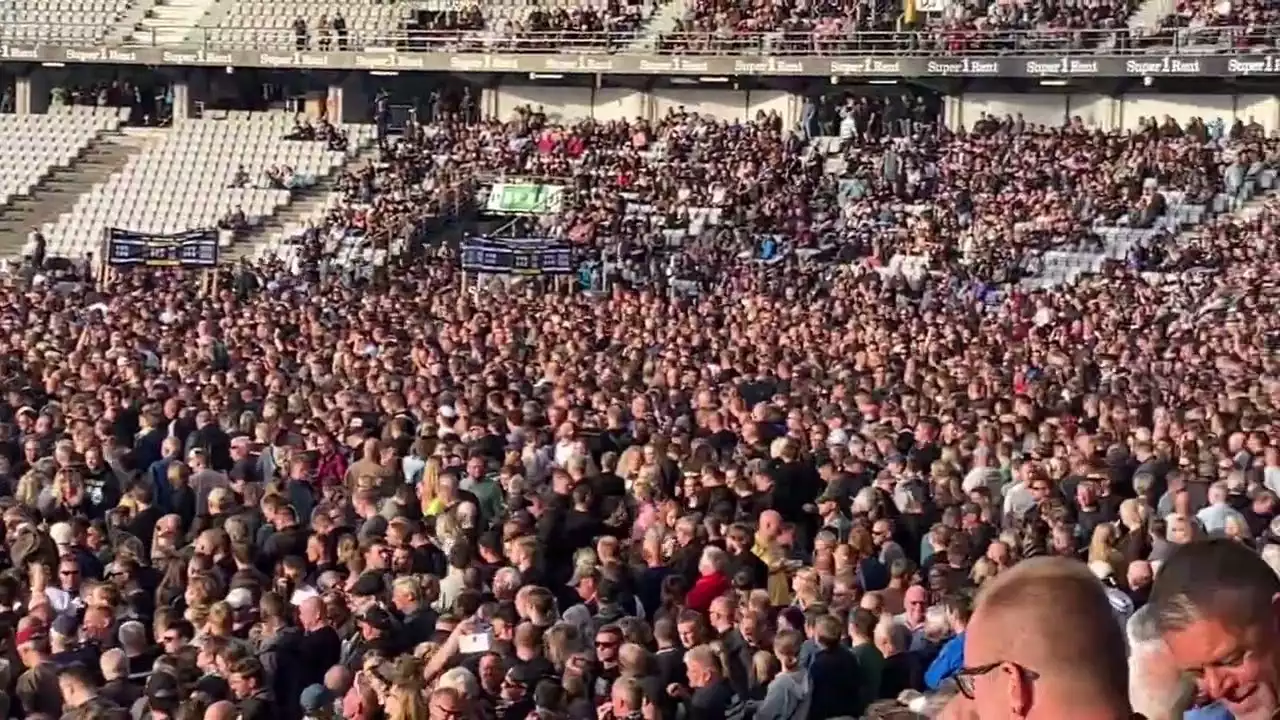Why Denmark is an ideal destination for hosting football events
Denmark has a rich footballing heritage and has consistently produced top-quality players, making it an ideal destination for hosting international football events. The country's passion for the sport is evident in every aspect of its football culture, from the grassroots level to the professional leagues. Denmark has a long-standing tradition of nurturing talent and promoting the development of the sport.
In addition to its footballing prowess, Denmark's geographical location makes it easily accessible for teams and fans from across Europe. The country's efficient transportation system ensures that traveling to and from stadiums is convenient and hassle-free. With well-connected airports and an extensive network of trains, buses, and highways, getting to and around Denmark is a breeze.
Furthermore, Denmark's commitment to sustainability sets it apart as an ideal destination for hosting international events. The stadiums in Denmark are designed with eco-friendly features, minimizing their environmental footprint. From solar panels and rainwater harvesting systems to energy-efficient lighting and waste management practices, Denmark's stadiums lead the way in sustainable event hosting.
Overview of Denmark's top stadiums for hosting international football events
Denmark is home to several world-class stadiums that are well-equipped to host international football events. These stadiums offer state-of-the-art facilities, modern amenities, and a comfortable experience for both players and spectators. Let's take a closer look at some of Denmark's top stadiums:
1. Parken Stadium, Copenhagen: Parken Stadium is Denmark's national stadium and one of the most iconic football venues in the country. Located in the heart of Copenhagen, it has a seating capacity of over 38,000 and has hosted numerous international matches, including UEFA Champions League fixtures. The stadium boasts excellent acoustics, ensuring an electric atmosphere during matches.
2. Telia Parken, Aarhus: Telia Parken is another renowned stadium in Denmark, located in Aarhus. With a seating capacity of over 20,000, it is the home ground for Aarhus Gymnastikforening (AGF) and has also hosted international matches. The stadium offers modern facilities, including comfortable seating, ample parking, and a range of food and beverage options.
3. MCH Arena, Herning: The MCH Arena is a modern, multi-purpose stadium located in Herning. It has a seating capacity of over 11,000 and is the home ground for FC Midtjylland. The stadium features excellent pitch quality, cutting-edge technology, and spacious seating areas. It has hosted international matches and is known for its vibrant atmosphere.
The history and significance of each stadium
Each of Denmark's top stadiums has a rich history and holds significant importance in the country's footballing culture. Let's delve into the history and significance of these stadiums:
1. Parken Stadium, Copenhagen: Parken Stadium was originally built in 1911 and has since undergone several renovations to become the world-class stadium it is today. It has hosted major international tournaments, including the UEFA European Championship in 1996. Parken Stadium is not only a venue for football matches but also hosts concerts and other cultural events.
2. Telia Parken, Aarhus: Telia Parken, formerly known as NRGi Park, has a history dating back to 1920 when it was established as the home ground for AGF. Over the years, the stadium has witnessed many memorable moments in Danish football history. It has also hosted international matches, leaving a lasting impact on both players and fans.
3. MCH Arena, Herning: The MCH Arena is a relatively new stadium, inaugurated in 2004. It was built to replace the old Herning Stadium and has since become a hub for football in the region. The stadium's modern design and excellent facilities have made it a popular choice for hosting international events.
Facilities and amenities offered by Denmark stadiums
Denmark's stadiums offer a wide range of facilities and amenities to ensure a comfortable and enjoyable experience for both players and spectators. Here are some of the key features offered by Denmark stadiums:
1. Modern seating and viewing areas: Denmark's stadiums provide comfortable seating arrangements, with excellent views of the pitch from all angles. The seating is designed to maximize comfort and visibility, ensuring a great experience for spectators.
2. Cutting-edge technology: Denmark's stadiums are equipped with the latest technology, including high-definition video screens, advanced sound systems, and state-of-the-art lighting. These features enhance the overall match experience and create a vibrant atmosphere.
3. Food and beverage options: Denmark's stadiums offer a variety of food and beverage options to cater to different tastes and preferences. From traditional stadium snacks to international cuisines, there is something for everyone. The stadiums also prioritize offering sustainable and locally sourced food options.
4. Accessibility and inclusivity: Denmark's stadiums are designed to be accessible and inclusive for all. They provide facilities for people with disabilities, including wheelchair-accessible seating, accessible restrooms, and dedicated parking spaces. The stadiums also prioritize creating a welcoming environment for families and children.
How to book and plan an international football event in Denmark
Planning and booking an international football event in Denmark requires careful coordination and collaboration with various stakeholders. Here are the key steps involved in the process:
1. Define the event requirements: Start by identifying the specific requirements of the event, including the number of teams, expected attendance, and desired dates. This will help determine which stadiums are suitable for hosting the event.
2. Contact the relevant authorities: Reach out to the Danish Football Association and the local authorities responsible for managing the stadiums. Discuss your event plans and seek their guidance on the booking process, availability, and any specific requirements.
3. Secure the venue: Once you have identified the stadium that meets your event requirements, work with the authorities to secure the venue. This may involve signing contracts, paying deposits, and finalizing the event dates.
4. Coordinate logistics: Plan and coordinate the logistics of the event, including accommodation for teams and officials, transportation, catering, and security. Ensure that all necessary arrangements are in place to guarantee a smooth and successful event.
5. Promote the event: Develop a comprehensive marketing and promotional strategy to generate awareness and attract participants and spectators. Leverage both traditional and digital channels to reach your target audience and create excitement around the event.
6. Execute the event: On the day of the event, ensure that all arrangements are in place and that everything runs smoothly. Pay attention to the details, such as signage, ticketing, and crowd management, to provide a seamless experience for all involved.
Case studies of successful international events hosted in Denmark stadiums
Denmark has successfully hosted numerous international football events, leaving a lasting impression on participants and spectators alike. Here are some notable case studies:
1. UEFA European Championship 1996: Denmark hosted several matches of the UEFA European Championship in 1996, including the semi-final and final at Parken Stadium in Copenhagen. The tournament showcased Denmark's ability to organize and host a major international event, leaving a lasting legacy.
2. Alka Superliga: Denmark's top-tier domestic league, the Alka Superliga, regularly sees international teams compete against Danish clubs. These matches provide an opportunity for international teams to experience Danish stadiums and football culture firsthand.
3. International friendly matches: Denmark's stadiums have hosted numerous international friendly matches, allowing national teams to prepare for major tournaments or test their strength against quality opposition. These matches contribute to the overall growth and development of football in Denmark.
The economic impact of hosting international events in Denmark
Hosting international football events in Denmark has a significant economic impact on the country. These events attract visitors from around the world, resulting in increased tourism, hotel bookings, and spending on local businesses. The influx of tourists also creates employment opportunities and boosts the local economy.
Furthermore, hosting international events raises Denmark's profile as a football destination, attracting more visitors in the long run. The exposure and positive reputation generated by these events contribute to the growth of the tourism industry and promote Denmark as a desirable destination for future international events.
Tips for promoting and marketing international events in Denmark
Effectively promoting and marketing international events in Denmark is crucial to maximize participation and attendance. Here are some tips to consider:
1. Leverage digital platforms: Utilize social media, websites, and online advertising to reach a global audience. Create engaging content, share event updates, and use targeted ads to generate interest and drive ticket sales.
2. Collaborate with local influencers: Partner with popular local influencers, football personalities, and sports media to create buzz around the event. Their endorsement and promotion can significantly impact the reach and visibility of the event.
3. Engage the local community: Involve the local community in the event by organizing fan festivals, meet-and-greet sessions, and interactive experiences. This fosters a sense of ownership and excitement, encouraging locals to attend and support the event.
4. Develop partnerships: Collaborate with sponsors, brands, and organizations that align with the event's values and target audience. This can provide additional resources, promotional support, and enhance the overall event experience.
5. Create unique experiences: Offer exclusive experiences, such as VIP packages, player meet-ups, and behind-the-scenes tours, to attract football enthusiasts. These experiences create a sense of exclusivity and generate additional revenue streams.










